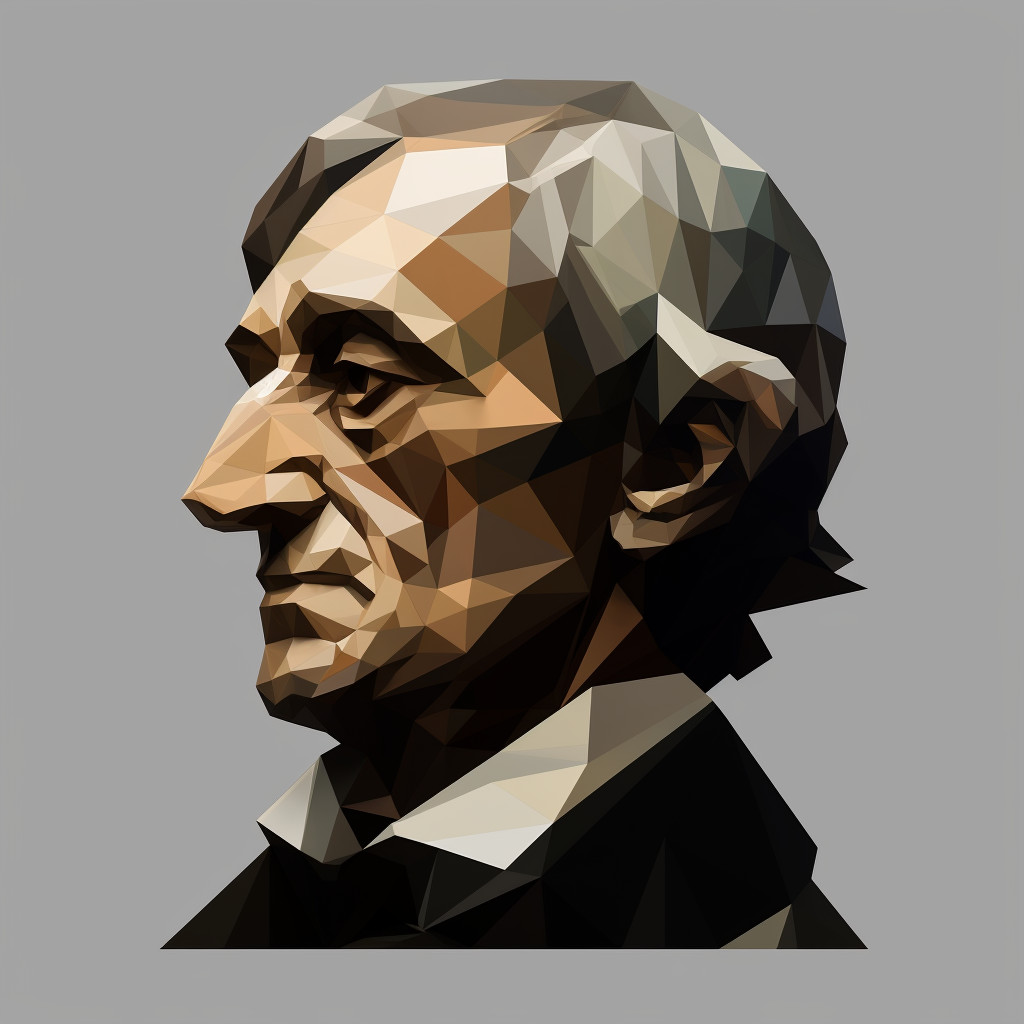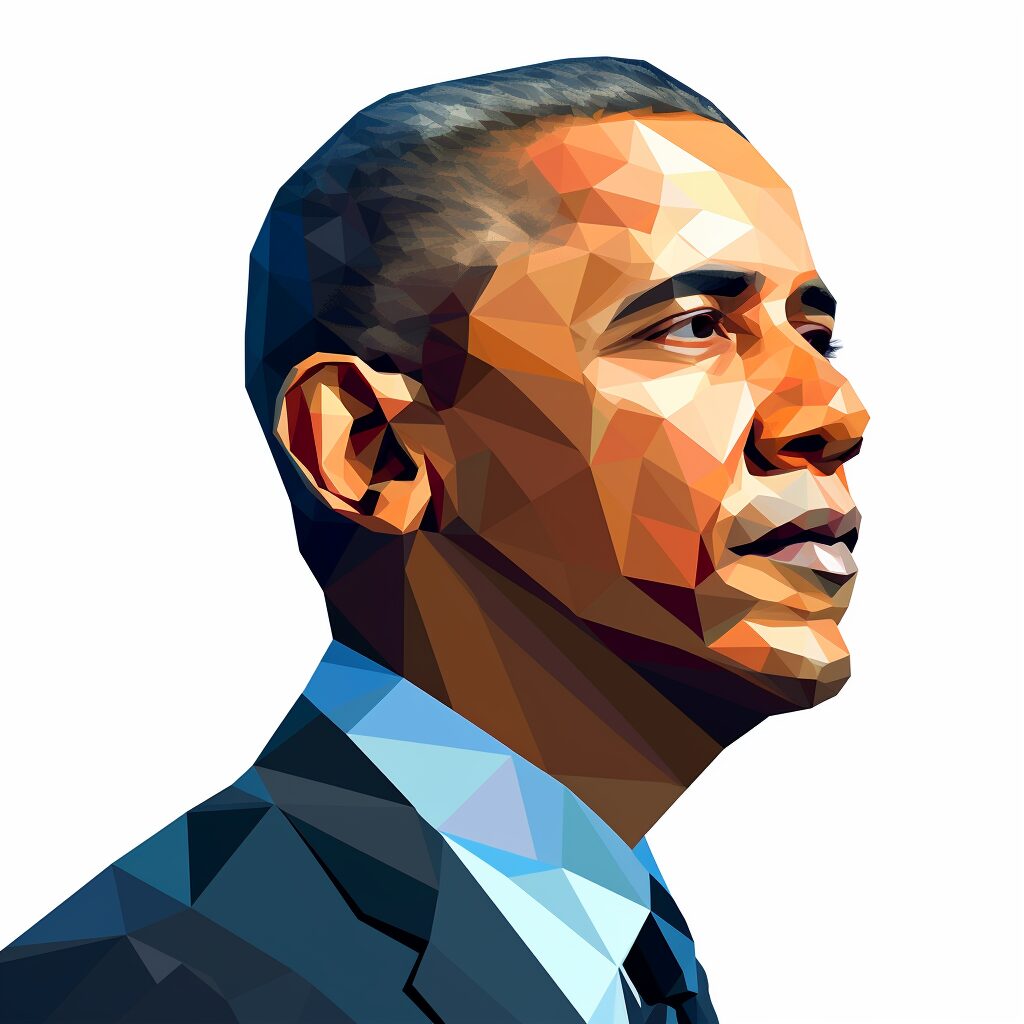'Dislike' Quotes
Dislike quotes hold immense significance as they reflect the human experience of negative emotions and the power of expressing them. These quotes have been used throughout history to convey feelings of disapproval, disappointment, and aversion towards certain things or people. They have inspired ind…Read More
Dislike quotes hold immense significance as they reflect the human experience of negative emotions and the power of expressing them. These quotes have been used throughout history to convey feelings of disapproval, disappointment, and aversion towards certain things or people. They have inspired individuals to stand up against injustice, challenge societal norms, and voice their opinions. Famous figures like Mahatma Gandhi, Martin Luther King Jr., and Nelson Mandela have used dislike quotes to spark social change and bring about equality. Even today, dislike quotes continue to resonate with people, reminding them to speak up against what they do not agree with and strive for a better world.Read Less
Dislike quotes hold immense significance as they reflect the human experience of negative emotions and the power of expressing them. These quotes have been used throughout history to convey feelings of disapproval, disappointment, and aversion towards certain things or people. They have inspired individuals to stand up against injustice, challenge societal norms, and voice their opinions. Famous figures like Mahatma Gandhi, Martin Luther King Jr., and Nelson Mandela have used dislike quotes to spark social change and bring about equality. Even today, dislike quotes continue to resonate with people, reminding them to speak up against what they do not agree with and strive for a better world.
26 Notable 'Dislike' Quotations and Sayings
Dislike – Symbolic Value
The concept of ‘dislike’ is a powerful and complex one, often evoking strong emotions and reactions. It is a feeling that is universally understood and experienced, yet difficult to define. In its simplest form, dislike can be described as a negative reaction towards someone or something. However, its symbolic value goes far beyond this basic definition.At its core, dislike represents a sense of aversion or repulsion towards someone or something. It is a feeling that is often accompanied by a sense of discomfort or unease. In many ways, dislike can be seen as the opposite of love, as it represents a lack of connection or affinity towards someone or something.
Dislike – Cultural and Historical Significance
The concept of dislike has played a significant role in shaping cultural and historical narratives. In many cultures, dislike is seen as a negative emotion that should be avoided or suppressed. This can be seen in the teachings of various religions, where dislike is often equated with hatred and is considered a sin.In some cultures, dislike is also associated with shame and guilt. This can be seen in the concept of ‘face’ in Asian cultures, where expressing dislike towards someone or something is seen as a loss of face and can have serious consequences.In history, dislike has been used as a tool for discrimination and oppression. It has been used to justify acts of violence and discrimination against certain groups of people, based on their race, religion, or beliefs. This has had a profound impact on the way dislike is perceived and understood in society.
Dislike – Common Themes in Motivational Contexts
In motivational contexts, dislike is often seen as a powerful driving force. It can be a source of motivation to push oneself towards achieving goals and overcoming obstacles. Dislike can also be a source of inspiration, as it can fuel creativity and innovation.In many cases, dislike is also seen as a form of self-preservation. It can be a warning sign that something or someone is not aligned with our values or beliefs, and therefore, should be avoided. This can be seen in the concept of ‘gut feeling’, where our dislike towards someone or something is seen as an instinctual response to protect ourselves.
Dislike – Portrayal in Art and Media
The concept of dislike has been a recurring theme in art and media throughout history. It has been portrayed in various forms, from literature and paintings to films and music. In many cases, dislike is used as a plot device to create conflict and tension in a story.In art, dislike is often depicted as a dark and negative emotion, associated with villains and antagonists. This can be seen in classic literature, where the villain is often portrayed as someone who is disliked by the protagonist and the readers.In modern media, dislike is also used as a marketing tool. Advertisements often play on people’s dislikes to sell products or services. This can be seen in the rise of ‘hate-watching’, where people watch a show or movie they dislike, solely for the purpose of criticizing and discussing it.
Dislike – Impact on Understanding of Life and Society
The concept of dislike has a significant impact on our understanding of life and society. It shapes our relationships, our beliefs, and our actions. It also plays a crucial role in how we perceive and interact with the world around us.In many ways, dislike is a reflection of our values and beliefs. It can reveal our biases and prejudices, and can also be a source of introspection and self-awareness. By understanding our dislikes, we can gain a deeper understanding of ourselves and the world we live in.In conclusion, the concept of dislike is a complex and multifaceted one, with a rich symbolic value and cultural significance. It has been portrayed in various forms in art and media, and has a profound impact on our understanding of life and society. By exploring the different aspects of dislike, we can gain a deeper insight into this powerful emotion and its role in shaping our lives.














